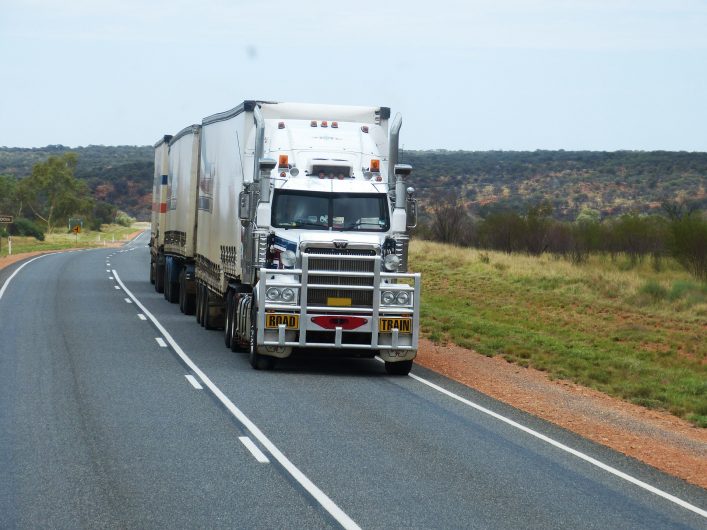Transport and Logistics 2018 Budget review and analysis
Phillip Hammond delivered his Autumn Budget on the 29th October 2018 which included a number of measures that affect the Transport & Logistics sector. In this article, we take an overview of some of these measures and apply them to areas of this sector.
Business Tax Measures:
- There were no alterations announced relating to HMRC’s Making Tax Digital programme and businesses affected by this will need to make sure they can comply with the new rules from 1st April 2019. (For more details relating to Making Tax Digital, check out our Making Tax Digital Hub at https://www.hawsons.co.uk/making-tax-digital-hub/
- An increase in the Annual Investment Allowance for two years starting on 1st January 2019 was announced. This is being increased from the current level of £200,000 per year to £1,000,000 per year. This is a welcome increase for the sector particularly where fleet or plant renewals are anticipated. On the flip side, the rate at which allowanced are quoted on Special Rate Pool plant and high emissions cars are to reduce from 8% per annum to 6% with effect from April 2019.
- The current 100% First Year Allowance per expenditure on electrical charge point equipment will be extended until 2023.
- Expenditure incurred on non-residential structures and buildings incurred after 29th October 2018 will qualify for allowances on 2% straight line basis.
Employment Tax Measures
- Medium sized and large organisations will be subject to the changes in IR35 that came into effect in April 2017 for the public sector. Responsibility for operating the off-payroll rules will be transferred from the individual worker to the organisation, agency, or third party engaging the working. This comes in to effect from April 2020.
- For the businesses with an employees’ NIC bill of more than £100,000 in the previous tax year, the Employment Allowance of £3,000 will be disappearing from April 2020.
- Draft legislation has been issued which removes the need for employers to check receipts when making subsistence payments to employees using benchmark scale rates. Employers will only be asked to ensure that employees are undertaking qualifying travel. This will take effect from April 2019.
Capital Taxes
- Changes to Entrepreneurs Relief- two new tests have been added to the definition of a personal company which requires the claimant to have a 5% interest in both the distributable profits and net asset of the company. This is in addition to the existing tests that already require a 5% interest in the ordinary share capital and 5% of the voting rights.
- The qualifying period in which these conditions must be met is set to increase for disposals on or after 6th April 2019 from one year to two years. There will be an exception where a business ceased prior to 29th October 2018.
Other Announcements
Other measures announced relating to the transport and logistics sector were:
- Fuel duty was frozen for a ninth consecutive year.
- The fuel duty differential for alternative fuels to be maintained until 2032, subject to a review in 2024.
- Announcement of a £28.8 billion National Roads Fund to improve Britain’s roads.
- Vehicles Excise Duty for HGV’s to be frozen for 2019/20.
- Small pockets of further funding available for the development of Northern Powerhouse Rail and East West Rail.
Away from the budget, the Office of Road and Rail have concluded that Network Rail will be able to spend £39.7 billion to operate, support, maintain and renew the nation’s railway over the five years from April 2019.
Paul Wormald, Partner at Hawsons, commented: “There were a number of positives coming out of the budget for the sector. The announcement of major spending programmes on road and rail infrastructure is welcomed, and the increase in the AIA, along with the maintenance of the fuel duty differential for alternative fuel is a neat link up that may encourage investment in haulage fleets in particular. On the downside the changed to Entrepreneurs Relief will mean that care is required in making sure that planned disposals of shareholdings meet the qualifying criteria and professional advice should be sought when planning a business sale.”
To read the full Autumn Budget 2018 summary click here.
Paul Wormald is a partner at Hawsons, working in the Doncaster office. He worked previously with two national firms of Chartered Accountants prior to joining Hawsons in 2001. For more information or advice on anything covered in this article, please contact Paul on pw@hawsons.co.uk or 01302 367 262.[/author_info]
